ENGLEWOOD, Colo. — In honor of Marlin Briscoe's groundbreaking contributions with the Broncos and in modern pro football, the team announced Tuesday that it has named its season-long diversity coaching fellowship after him: The Marlin Briscoe Diversity Coaching Fellowship.
Briscoe's legacy in pro football was cemented in his rookie season in 1968, when he made history as not only the Broncos' first Black quarterback, but as the first Black starting quarterback in the Super Bowl era.
In naming the position for Briscoe, the Broncos will pay tribute to his place in franchise and league history as part of a commitment to providing coaching opportunities to people from underrepresented backgrounds.
"I feel very humbled," Briscoe said Monday. "It's a great honor to be recognized after all these years."
Mateo Kambui is the team's first Marlin Briscoe Diversity Coaching Fellow. Kambui graduated from Florida A&M and played two seasons of college football with the Rattlers. Prior to his arrival in Denver, he was a graduate assistant at Georgia Southern University. With the Broncos, Kambui will be responsible for conducting film breakdowns, preparing scouting reports and assisting the team's offensive coaching staff.
"I think it's great," Fangio said Tuesday. "Marlin was here in '68, I believe. I was only 10 at the time ... so I don't remember a lot with my eyes. I've seen some of the tape. Man, he was quick and fast and elusive. He looked like a guy that could actually still play today even though the game has changed so much. I think it's a great honor for him and it's a nice gesture by the Broncos."
Briscoe joined the Broncos as a 14th-round draft choice prior to that 1968 season, with the team intending to transition him to another position. At the time, pro football's decision-makers were largely beholden to racial prejudice that dictated that since quarterback was a cerebral position, Black men were deemed unfit to play under center.
"There were times where Black people not only couldn't play the position of quarterback, and they couldn't play any of the so-called 'thinking positions,'" Briscoe said. "Center, middle linebacker, free safety. … Back in the day, Blacks couldn't play those position because they [pro football decision-makers] thought they didn't have the intelligence."
But because of injuries and the team's lack of talent at the position, eventually the Broncos could no longer deny Briscoe's talent and keep him at defensive back. Back at quarterback, Briscoe appeared in 11 games, starting five, and threw for 14 touchdowns as he boosted a struggling offense and became a sensation among fans.
Even today, Briscoe's rookie season ranks highly in Broncos record books. He is the only rookie quarterback in team history to throw for seven or more touchdowns across two consecutive games, and he was the first Broncos quarterback to ever throw for double-digit touchdowns without also throwing more interceptions than touchdowns.
Later, after his playing career ended, Briscoe would return to Colorado as a quarterbacks and receivers coach for the University of Colorado. Just like as a player, Briscoe had a pioneering role as one of few Black coaches in Division I football.
"I looked at it like I looked at the Black quarterback situation — an opportunity to coach on that level when there was a scarce fraternity and to be able to set the tone again," Briscoe said. "I was highly elated when I got the opportunity. I was living in LA and there were a lot of NFL players that lived in my neighborhood. James Harris lived two doors from me. He was very happy to see me get that particular [job]. He had more interest in coaching than I did. … James Harris and a couple other Black quarterbacks that lived in LA at the time, they thought it was a perfect opportunity. For them, it was, because that's what they wanted to do. I was doing what I wanted to do, but they wanted a coaching job and they were happy that I got that opportunity, perhaps as a stepping stone for Black coaches."
Briscoe's legacy as a pioneer grows with every passing year as Black quarterbacks become less overlooked and less uncommon, and now as the namesake for the Broncos' diversity coaching fellowship, his impact will continue ensure that people from underrepresented groups receive coaching opportunities in the NFL and hopefully, eventually, help improve diversity at its highest ranks.
"I'm very proud of these kids," Briscoe said. "I'm more than proud because, not being braggadocious, but I had the opportunity to be a part of that. Because if I would have failed in 1968, James Harris would not have gotten drafted the next year [in] a higher round. And so it's been a long odyssey and there's still questions. There's still things to overcome."
RELATED: Our four-part long-form series "The Making of the Magician" documented Marlin Briscoe's groundbreaking career and the legacy he left on the game
Part III: Marlin Briscoe moves into the spotlight
In 1968, Marlin Briscoe made football history as the first Black starting quarterback in the Super Bowl era.
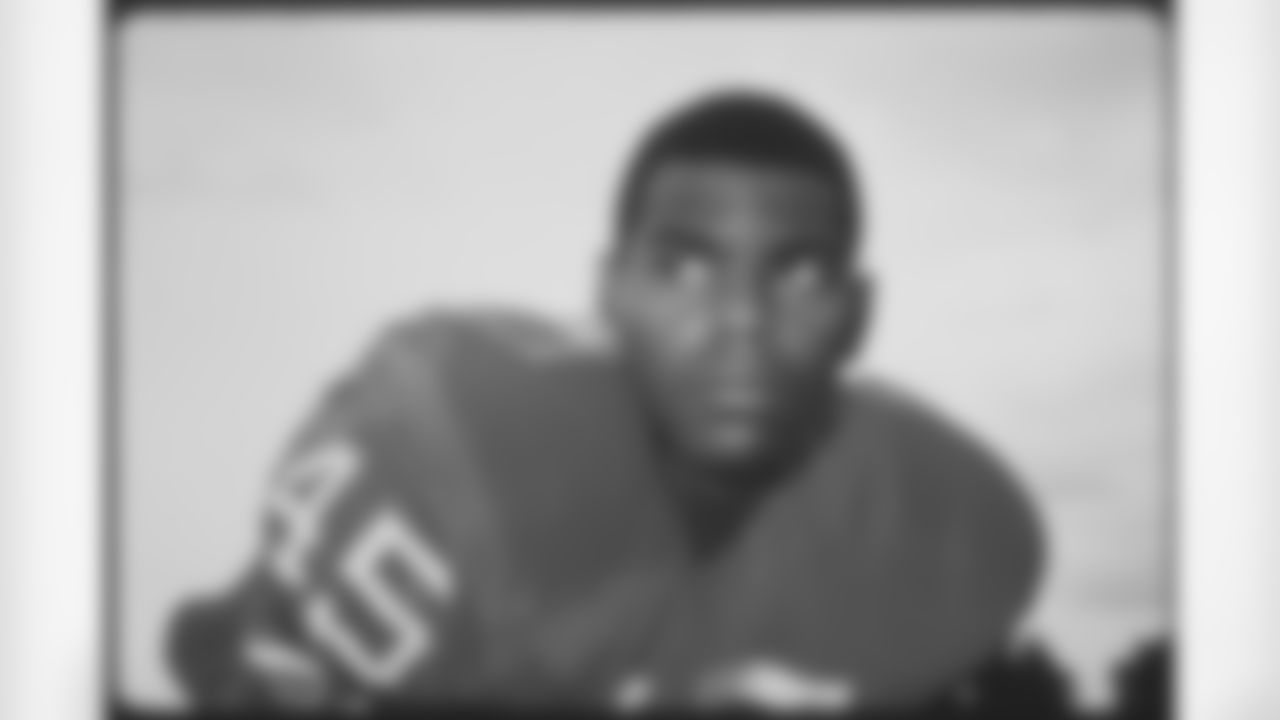
A portrait of Marlin Briscoe in 1968.

A scan of a Broncos draft notice memo from director of public relations Val Pinchbeck Jr. notifying media that the team had drafted Marlin Briscoe.

A portrait of Marlin Briscoe in 1968.
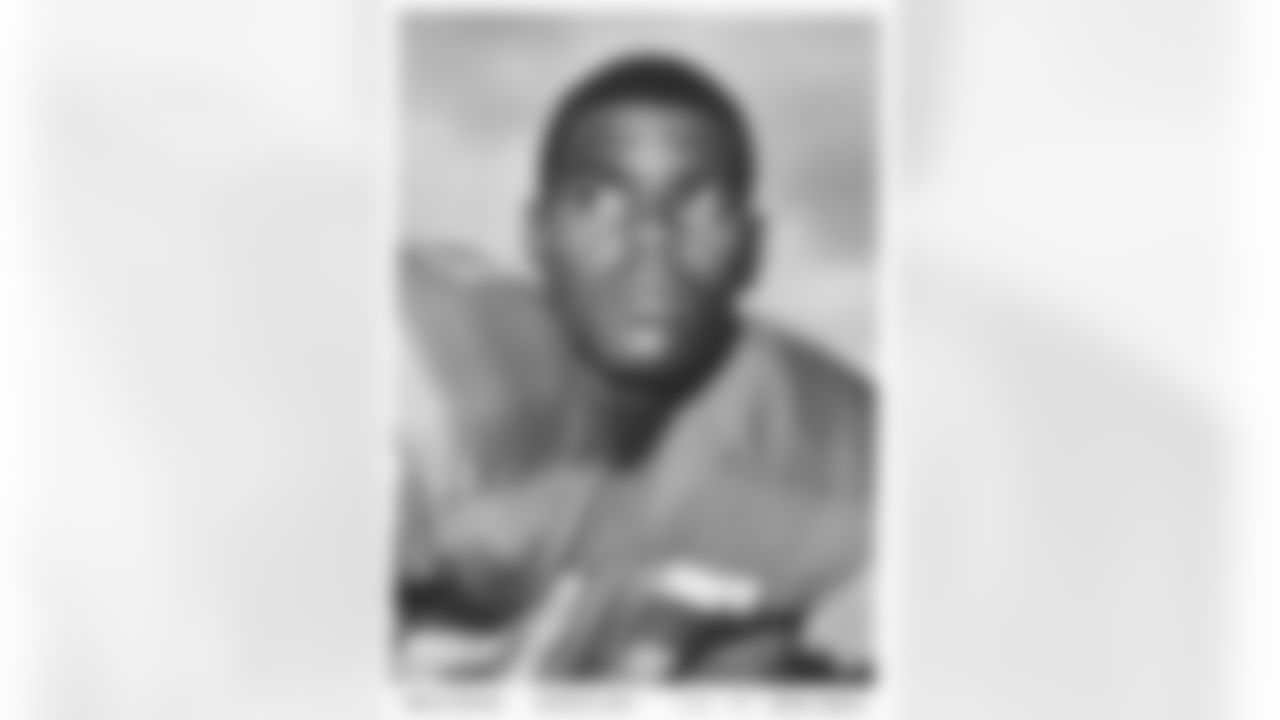
A portrait of Marlin Briscoe in 1968.
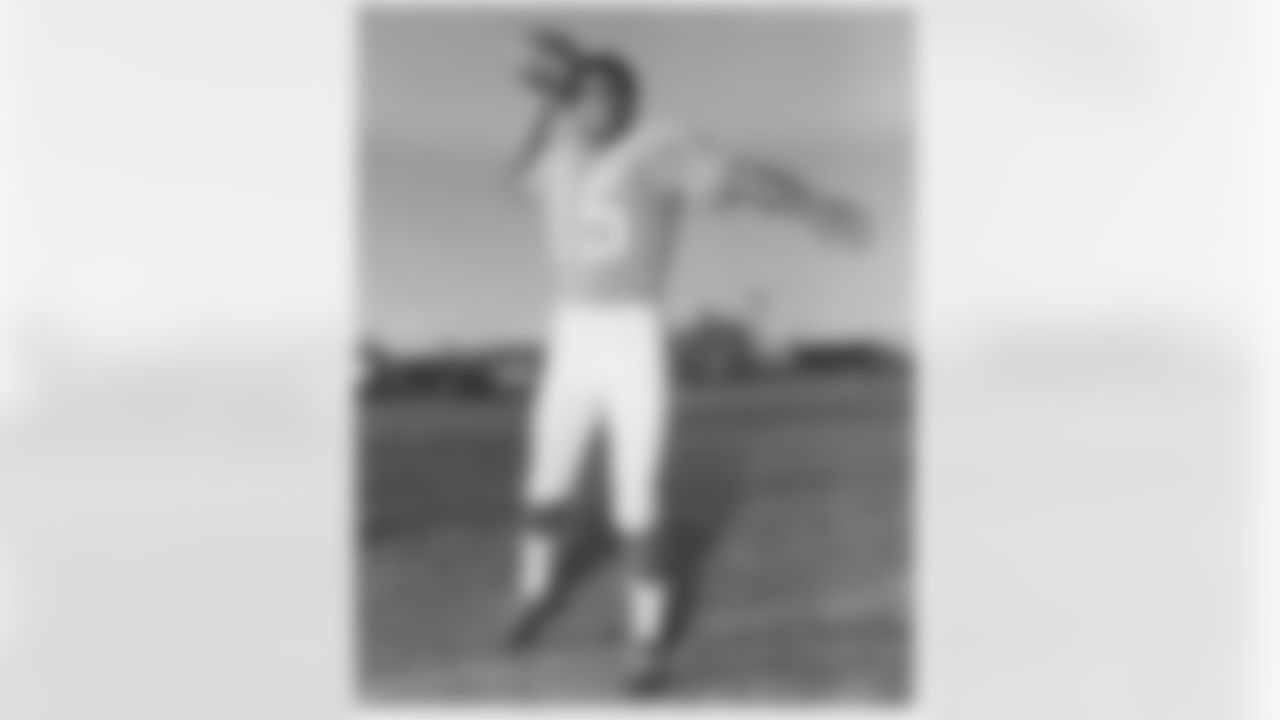
A portrait of Marlin Briscoe in 1968.

Denver Broncos head coach Lou Saban talks with quarterback Marlin Briscoe during the game against the Buffalo Bills on Sunday, November 24, 1968 at Mile high Stadium.

Denver Broncos quarterback Marlin Briscoe throws a pass during the NFL game against the Miami Dolphins on Sunday, October 27, 1968.
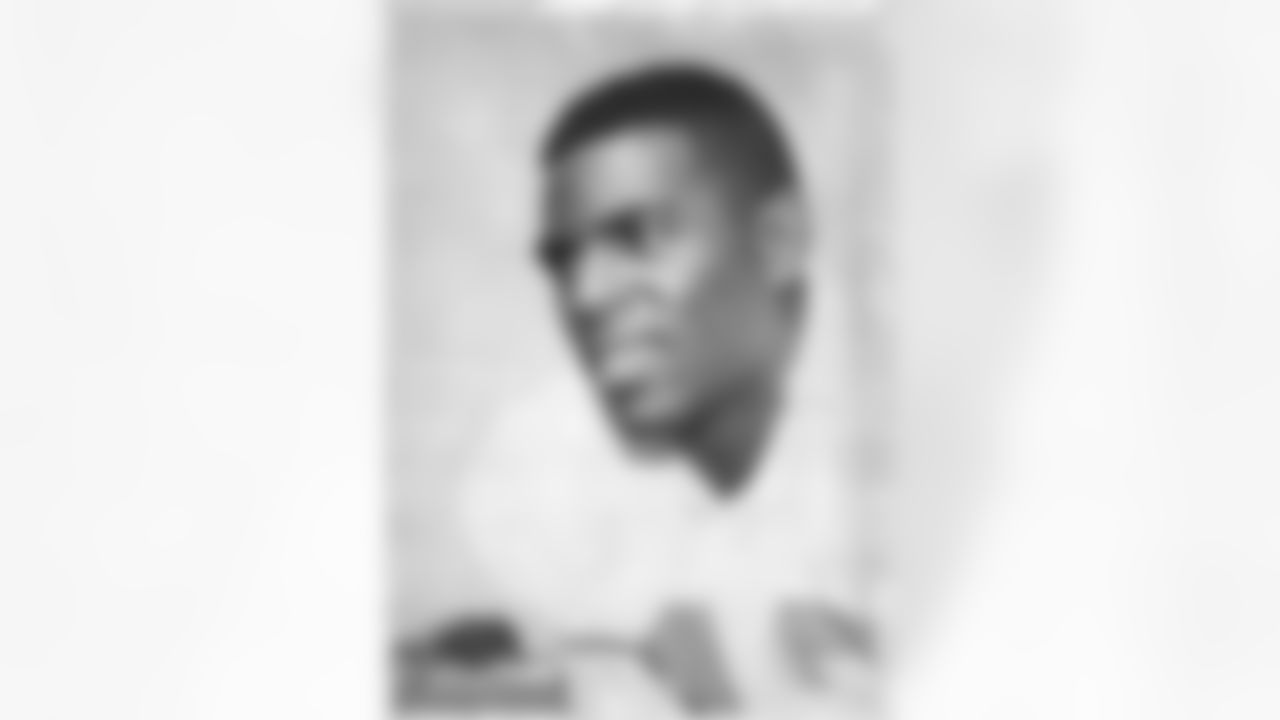
A portrait of Marlin Briscoe in 1968.
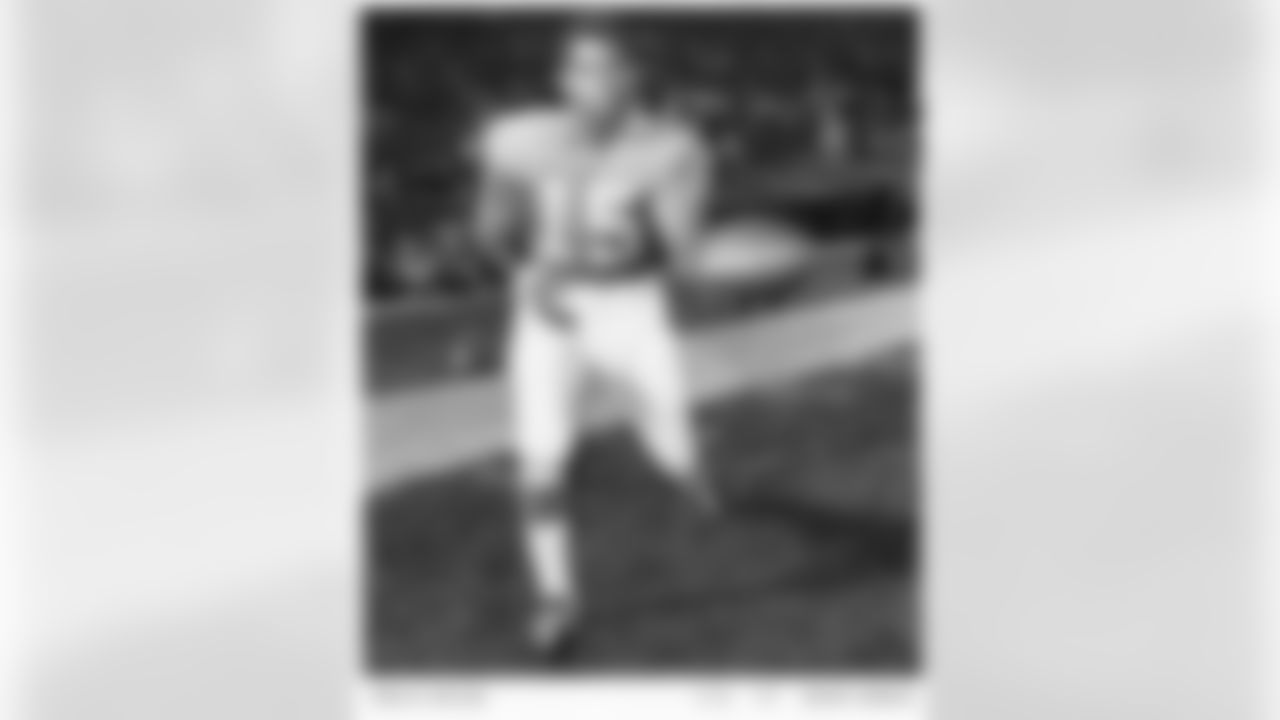
A portrait of Marlin Briscoe in 1968.
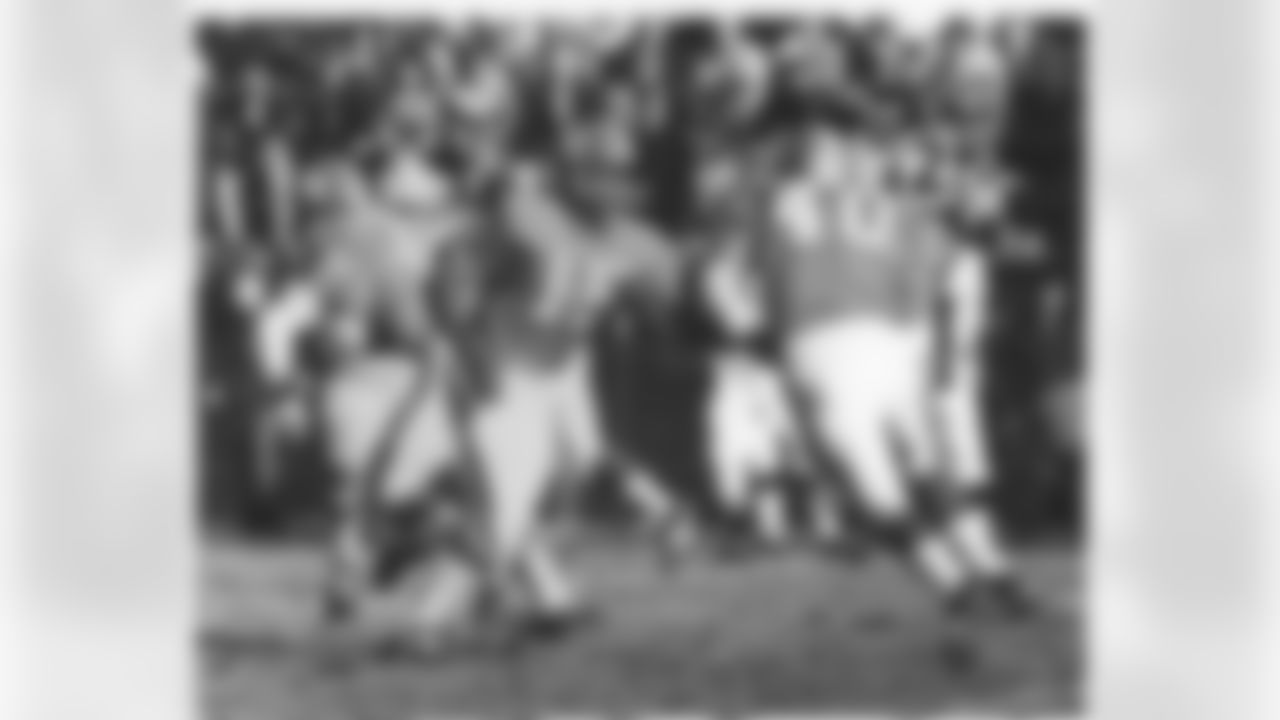
Denver Broncos quarterback Marlin Briscoe hands the ball to running back Brendan McCarthy during the NFL game against the San Diego Chargers in 1968.
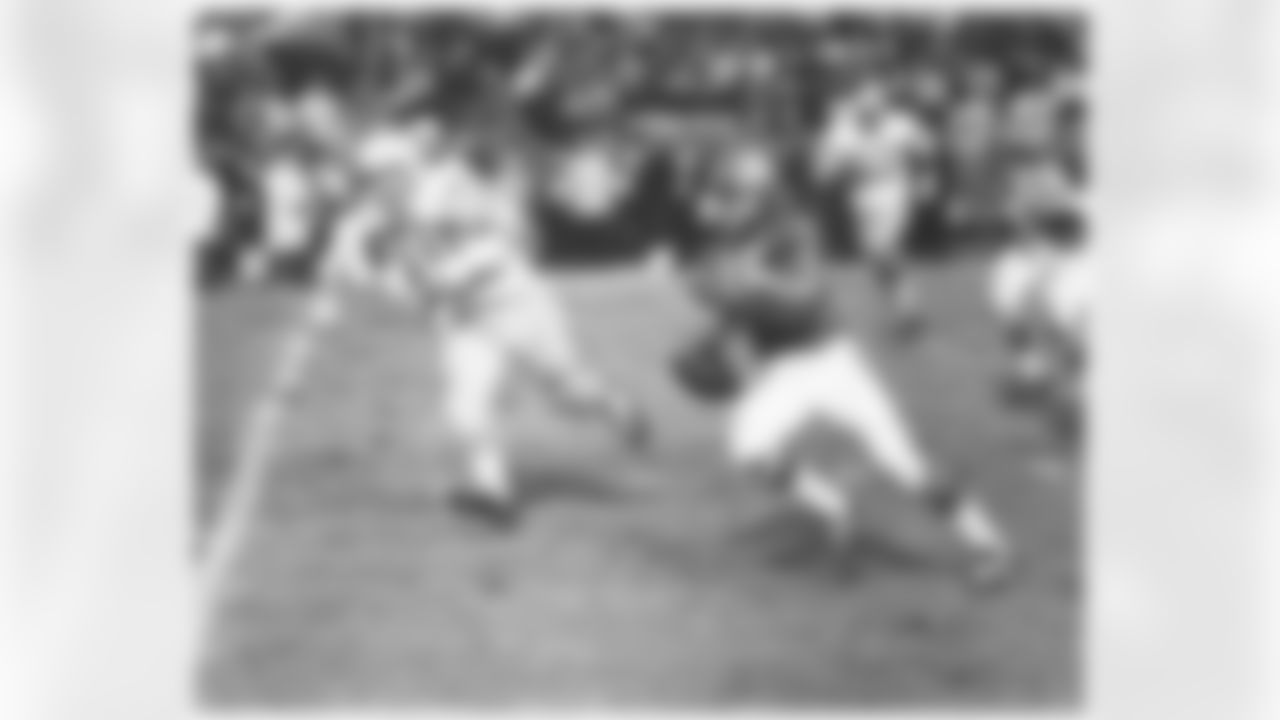
Denver Broncos quarterback Marlin Briscoe carries the ball against the San Diego Chargers in 1968.

A portrait of Marlin Briscoe in 1968.
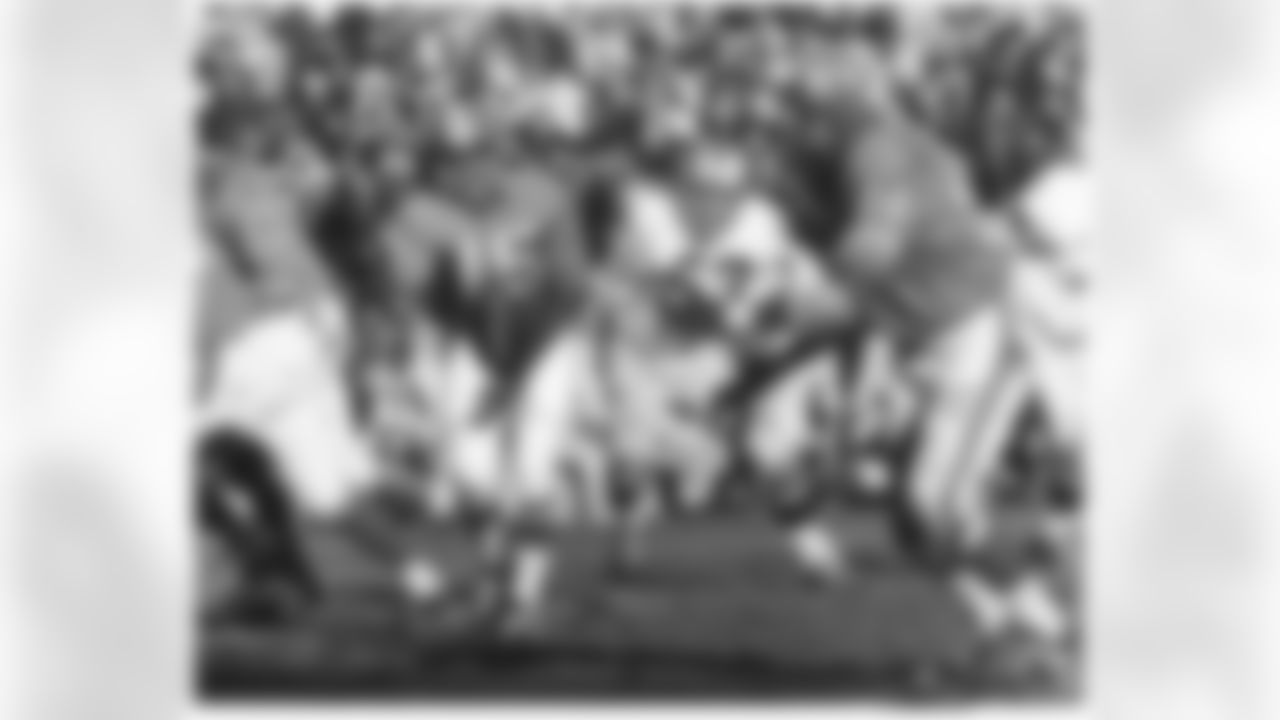
Denver Broncos quarterback tosses the ball to Floyd Little during a game against the Oakland Raiders in 1968.















